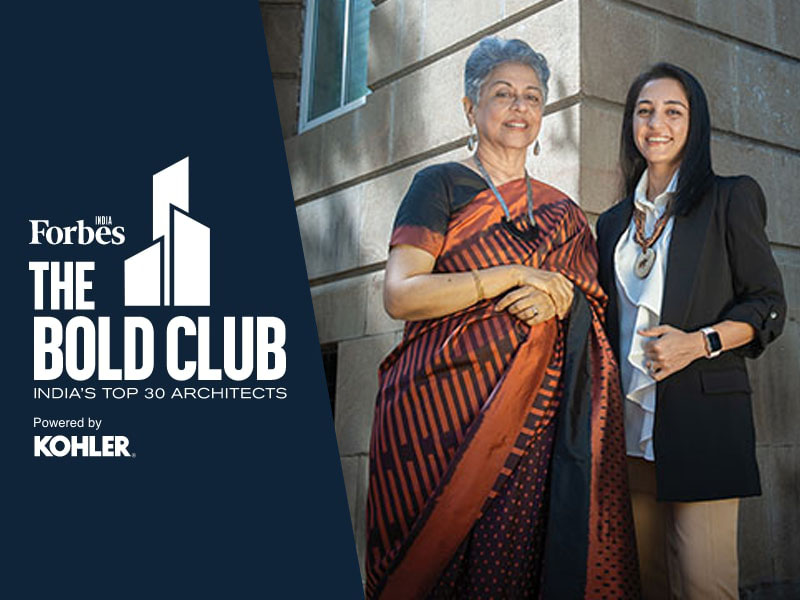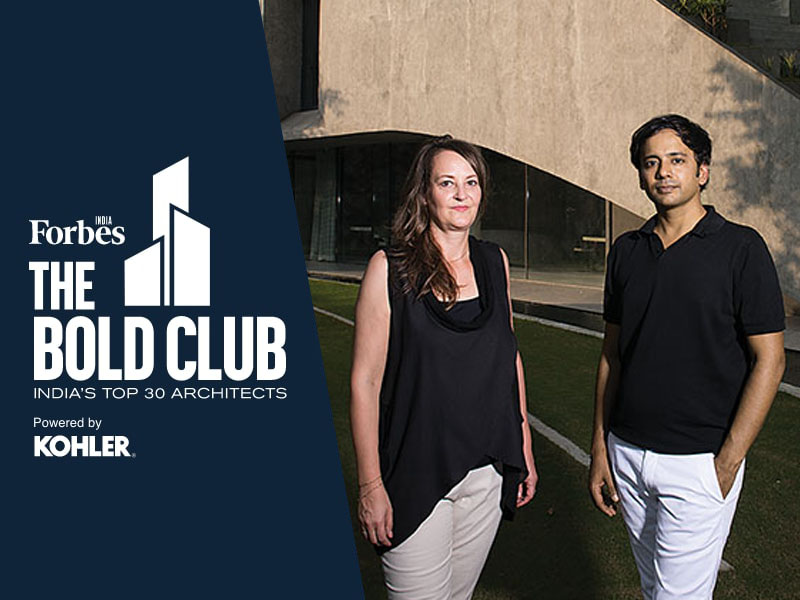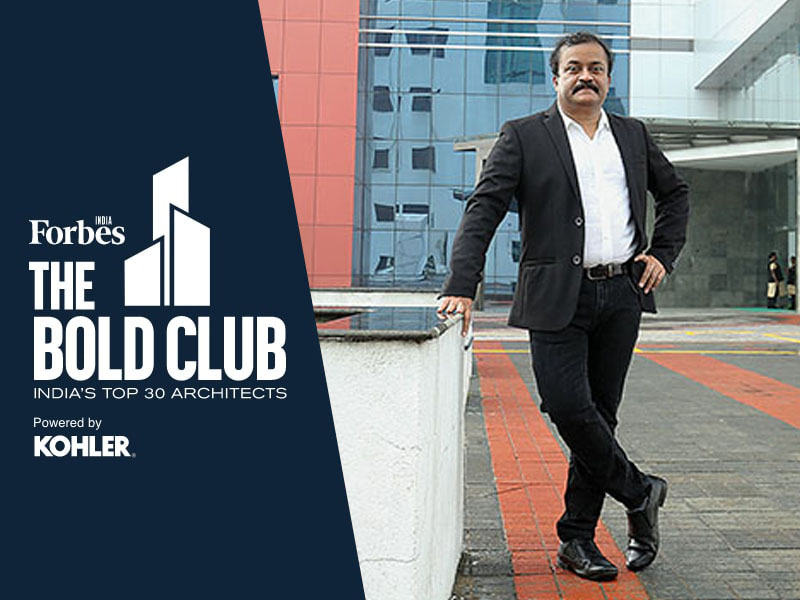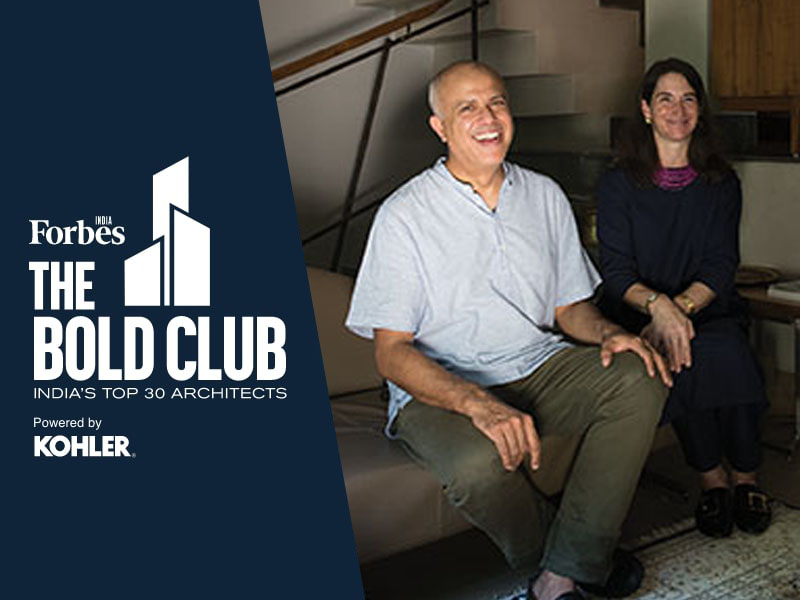Matharoo Associates
Artistic Endeavours Riding On Emotions
Gurjit Singh Matharoo believes designing buildings is in his blood. His great-grandfather worked as a draftsperson for the British while his father was a structural designer.
In the past 30 years, Matharoo’s “eccentric” designs in the architectural field have earned him international recognition and accolades, including becoming the third Indian architect to become an International Fellow of the Royal Institute of British Architects (RIBA) in 2012.
In 1991, he founded Matharoo Associates, an Ahmedabad-based architecture, interiors, product and structural design firm, where diversity is the hallmark of his practice.
While functionality of the programme and efficiency of services are the two pillars that are fundamental to the studio, it is also a place to explore artistic endeavours. “There is an inner urge to make buildings that elate one from a normal level of existence to a higher being,” says Matharoo.
The design concept for Moving Landscapes, a residential project in Ahmedabad, was inspired by the intricate patterns and effects found in a stone called Bidasar Forest. The House with Balls in Ahmedabad, a weekend retreat/place to breed fish, features shutters weighted with concrete balls. The firm’s headquarters on the outskirts of Ahmedabad, christened The Pool, is a two-storey office building with a pool to reflect the talent, skills and “pool of ideas that people bring with them”. Among others, the firm is currently working on The Forest Lodge in Ranthambore, the Sikh Heritage Centre in Lakhpat, and a multi-use development project in Hyderabad.
Do first and think later is the firm’s approach to design. “We like to call ourselves romantics—people governed by emotion over calculation, and affected by beauty more than gain,” says Matharoo. “Having said that, our off-the-mark trajectories are always followed up with solid reason and research.”
Matharoo feels current ideas on sustainability are warped and need to be looked at afresh. “In whatever we do, our aspirations must not be local, but global,” he says.
By Darielle Britto

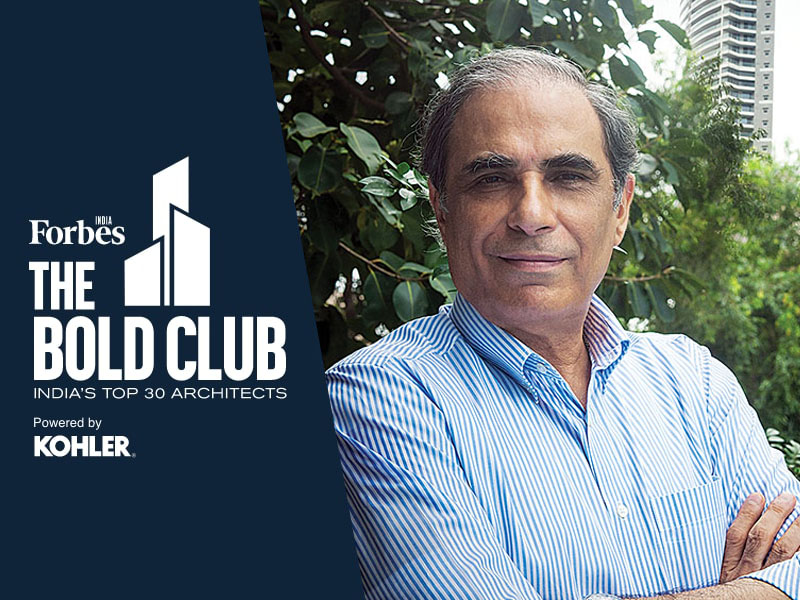
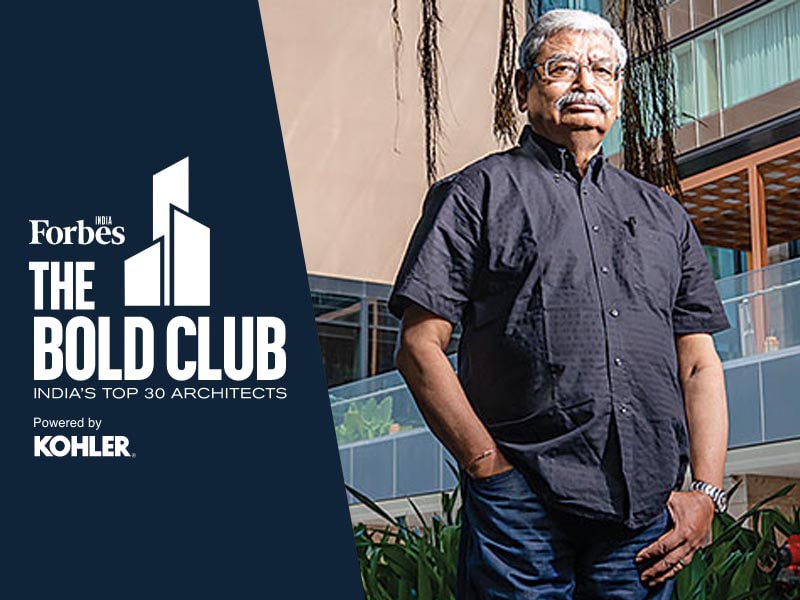

 Pvt LtD.jpg)
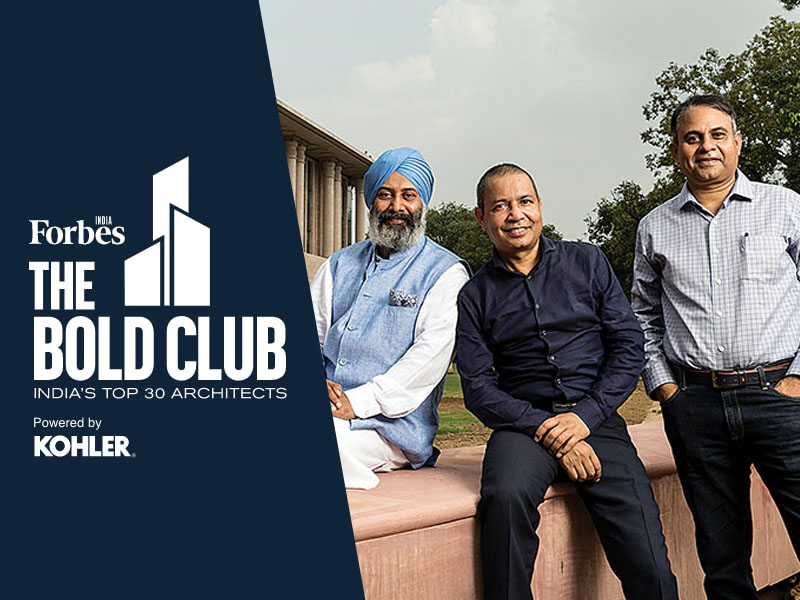
.jpg)
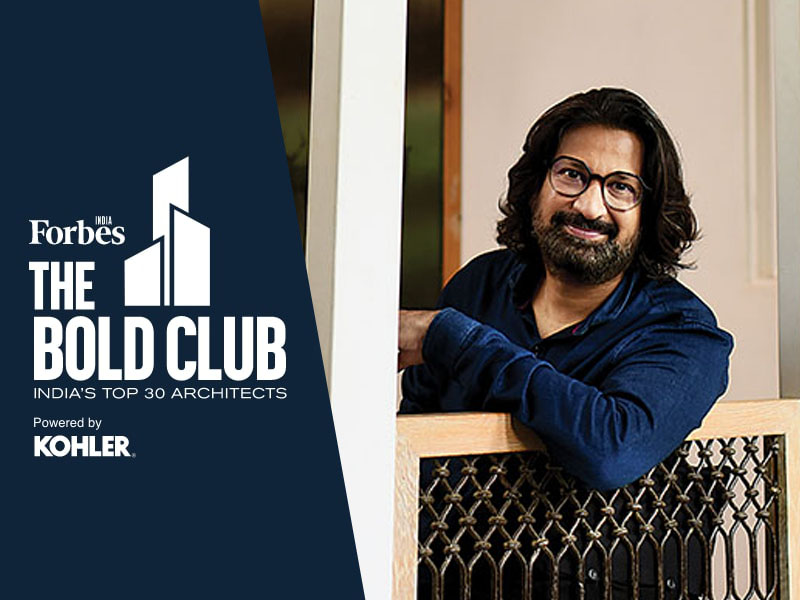

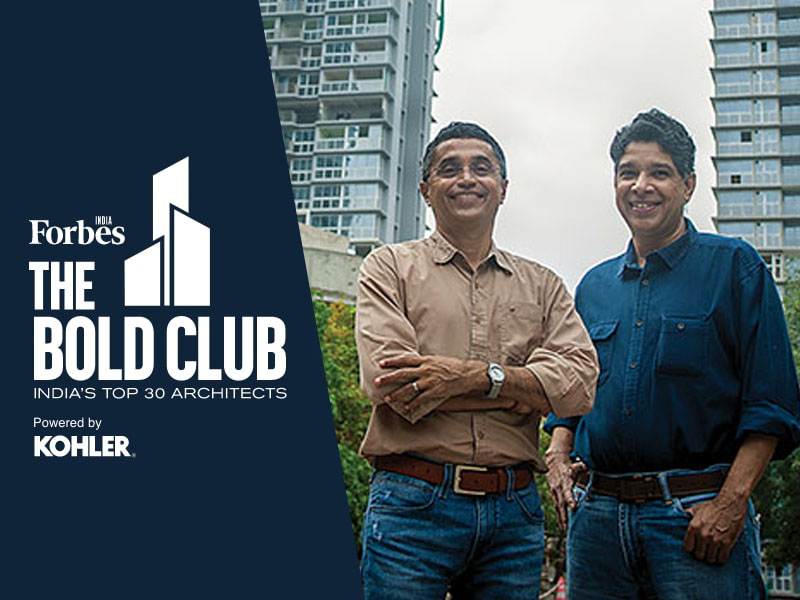
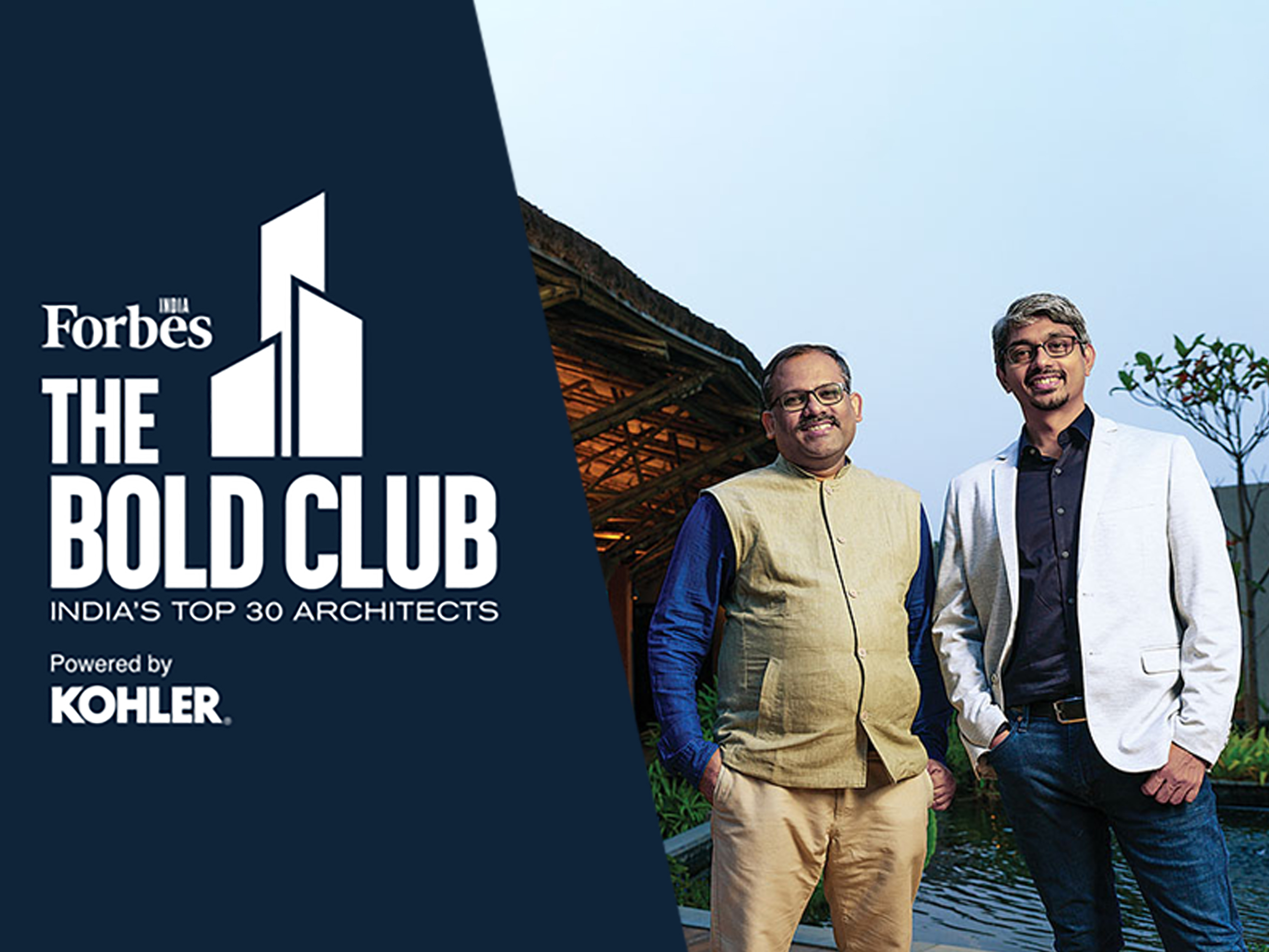
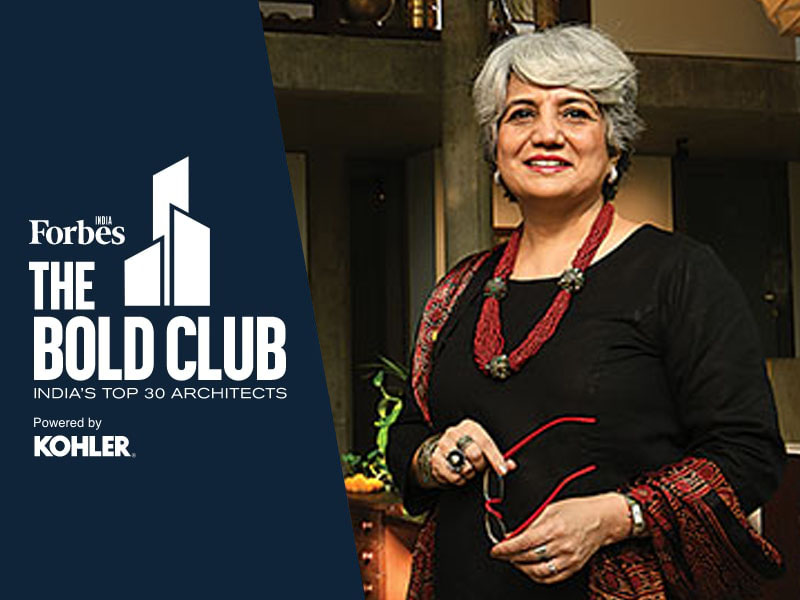
.jpg)
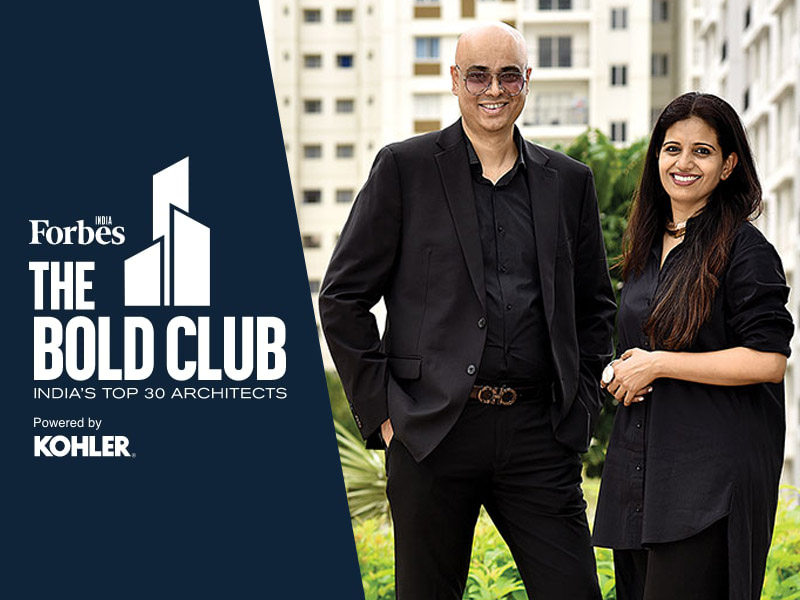

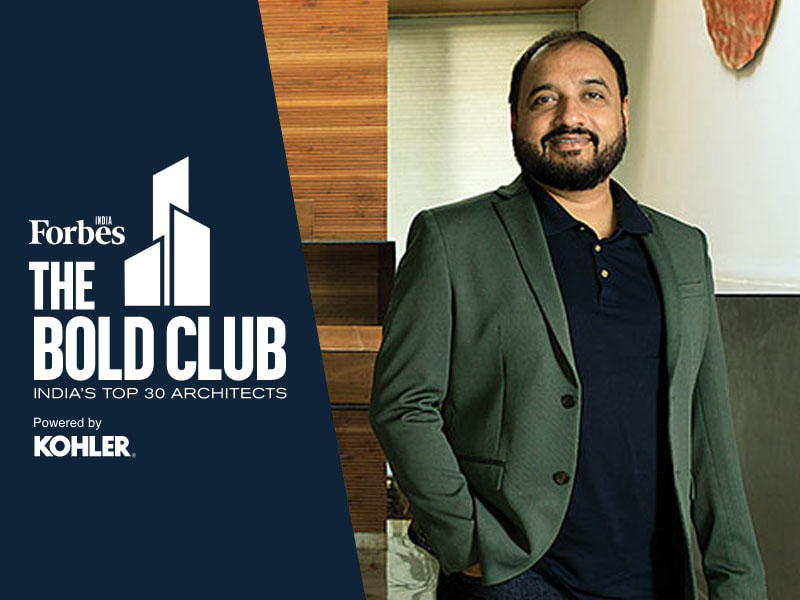
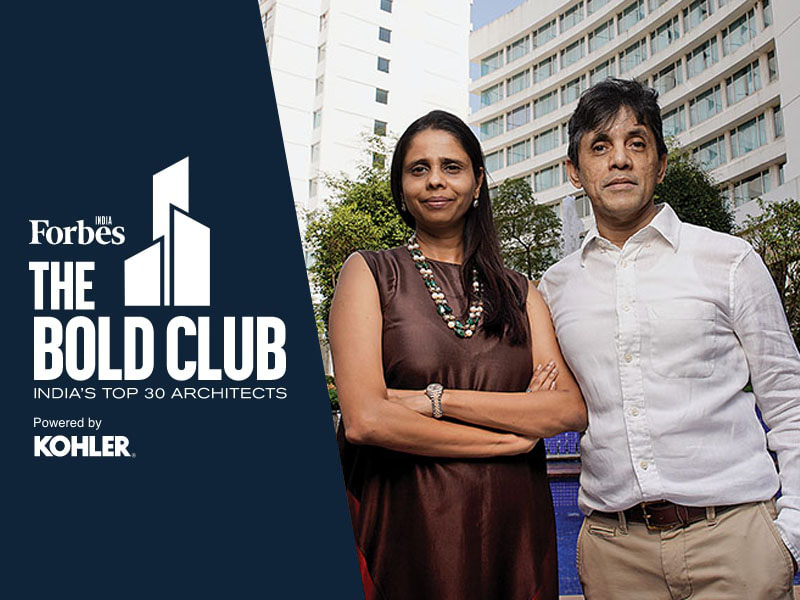
 Pvt Ltd.jpg)
.jpg)
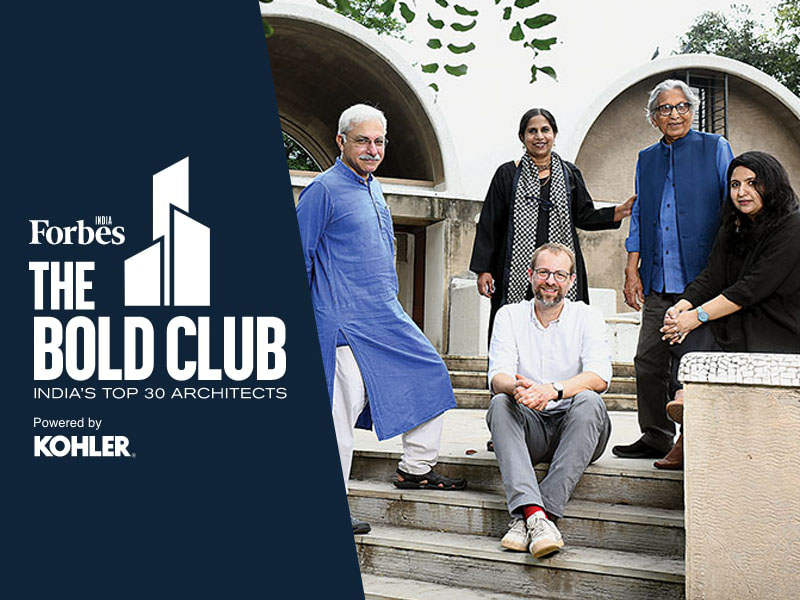
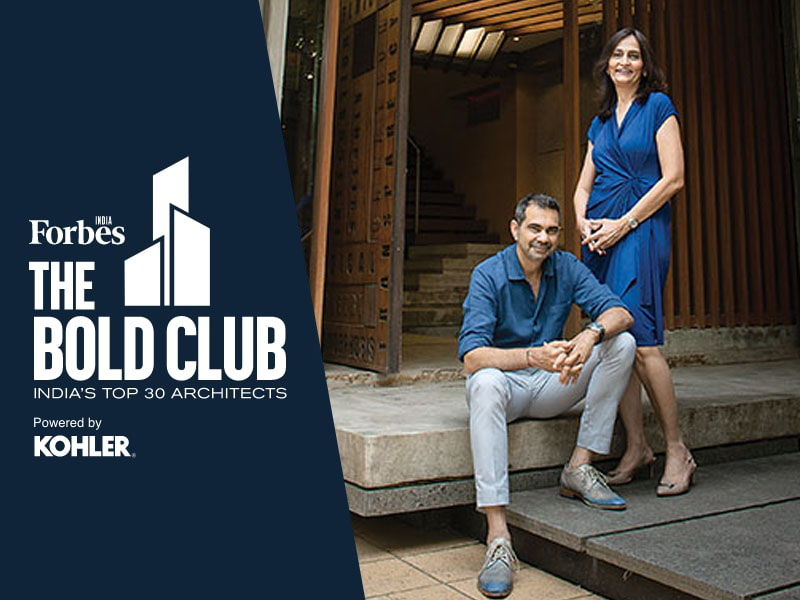
.jpg)
